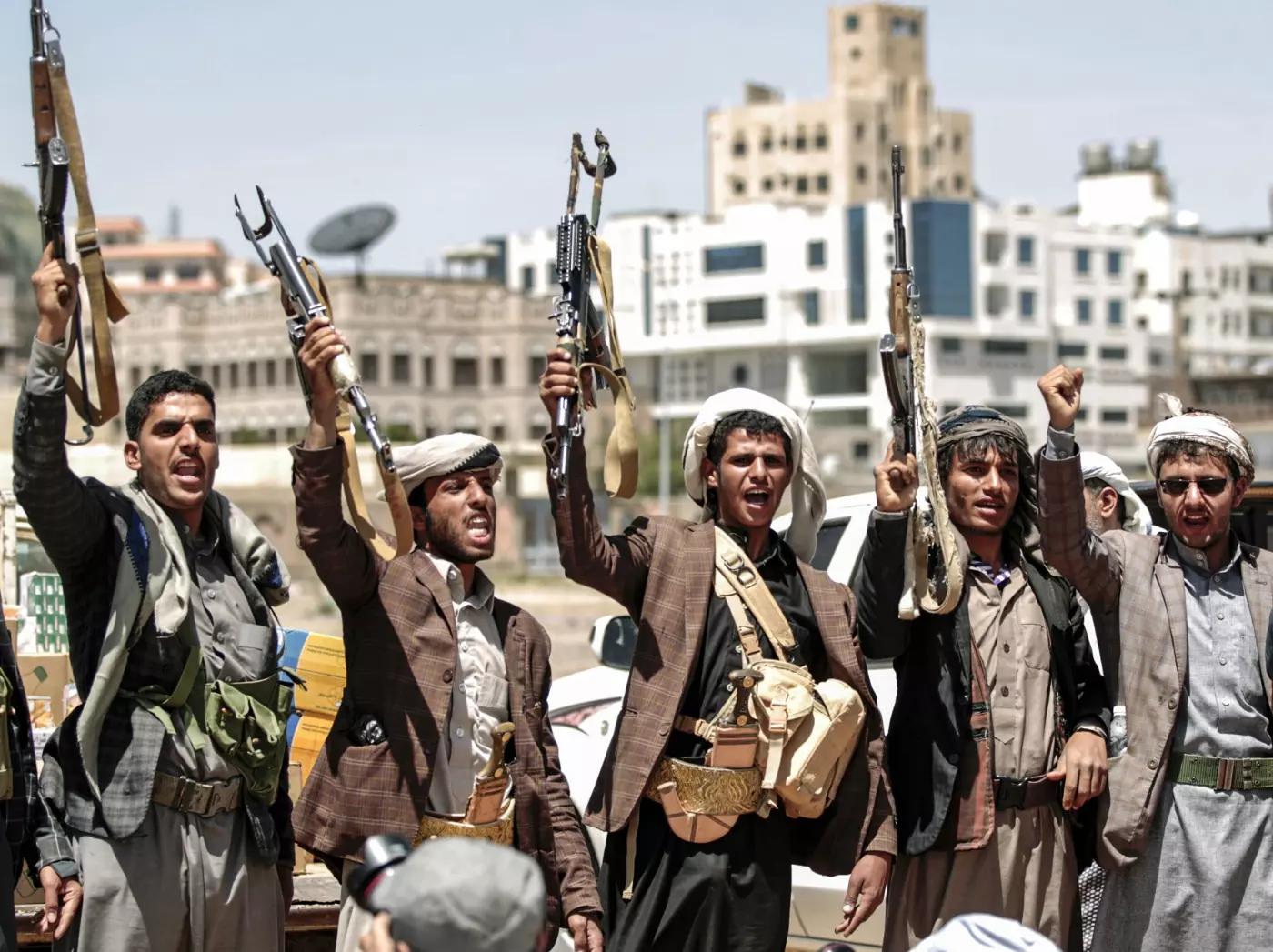What does Yemeni Houthis attack on Red Sea mean for global trade? Commercial interests vs geopolitics
The ongoing Israel-Hamas war, ground operation in Gaza, and growing antisemitism with the growing number of involved actors in the conflict deeply fracture the fragile security in the Middle East region. Although officially, Israel and Hamas militants are the two main actors involved in deadly clashes in war-torn Gaza, in fact, more regional and non-regional actors are becoming stakeholders in this violent conflict.
As such, Israel claims it confronts Iran's destructive proxy forces, namely Hamas and Hezbollah, while the US, as Tel Aviv's most crucial partner, supports its military operation in Gaza.
Amid mounting casualties on both sides, another threat re-emerged in the region as Houthi rebels in Yemen recently escalated their missile attacks and raids on foreign ships in the Red Sea. On December 15, a ballistic missile fired by Yemen’s Houthi rebels slammed into a cargo ship in the Red Sea near the strategic Bab el-Mandeb Strait, raising concerns about the impact on the flow of oil, grain and consumer goods through a major global trade artery.
Houthis, another major proxy force of Iran, began targeting Israeli ships as a part of a "revenge campaign" due to Tel Aviv's operation in Gaza. The militant group has vowed to attack all ships stopping at Israeli ports. As a result, some ships, including at least two Danish vessels from the shipping company Maersk, have even opted to take alternative journeys across Southern Africa, a significantly longer trade route, to avoid the violence.

Moreover, in a show of solidarity and support with Hamas, Houthi militant forces in Yemen, a proxy of Iran, have threatened to attack any ships with Israeli ownership or bound for one of the country's ports until Israel stops the war. They have used drones and anti-ship missiles to attack vessels and, in one case, used a helicopter to seize an Israeli-owned ship and its crew.
Since October 7, the Houthi movement has carried out a number of activities ostensibly aimed at pressuring Israel to cease its assault on Gaza, including public mobilization within Yemen, drone and missile attacks on Israel, and attacks on international commercial vessels.
These actions, which have made the Houthis one of the most active Iran-backed groups responding to the situation in Gaza, have raised questions regarding the movement’s capabilities, motive and potential next moves.
Indeed, Houthis’ recent actions against Israel conform to long-running patterns in the group's behaviour. However, their seizure of a civilian vessel in international waters is a new escalation that raises questions over how far they are willing to go in their support of Palestine.
Undoubtedly, the powerful Houthi militia steadily became a source of concern for regional states, namely Saudi Arabia. However, the Saudi-led Arab military coalition’s endless efforts to eliminate Houthi rebels largely failed.
Although Houthis seized control over the majority of part of Yemen, the international community refuses to recognize the legitimacy of the Houthi government. Amid Houthi’s renewed offensive, US, French and British warships have been patrolling the Red Sea area and have shot several missiles out of the sky.

Nevertheless, many fear that Iranian-backed Houthis actions will severely damage global trade and further disrupt the supply chain. Over 80% of the world’s traded goods are transported via sea vessels, meaning that the annual shipping trade is worth over 14 trillion dollars, according to the International Chamber of Shipping, or 16% of global GDP.
Meanwhile, Iran and Saudi Arabia, two main regional foes, keep a lower profile regarding vessel incidents, avoiding issuing harsh statements. The Houthi campaign is likely a short-term attempt of Tehran to inflame the regional tensions, which would eventually increase pressure on Israel to cease the Gaza operation. Moreover, recently, Western media reports claimed that as a result of the Omani-sponsored talks with Houthis, the rebel group “agreed to de-escalate tensions in the Red Sea.”
Despite missile and rocket attacks, Houthi rebels cannot pose a real threat in the Red Sea as they have no formal naval warships with which to impose a cordon, relying on harassing fire and only one helicopter-borne assault so far. Therefore, they cannot afford long-term naval clashes with the US, French and UK warships and impose a blockade of the Red Sea.








